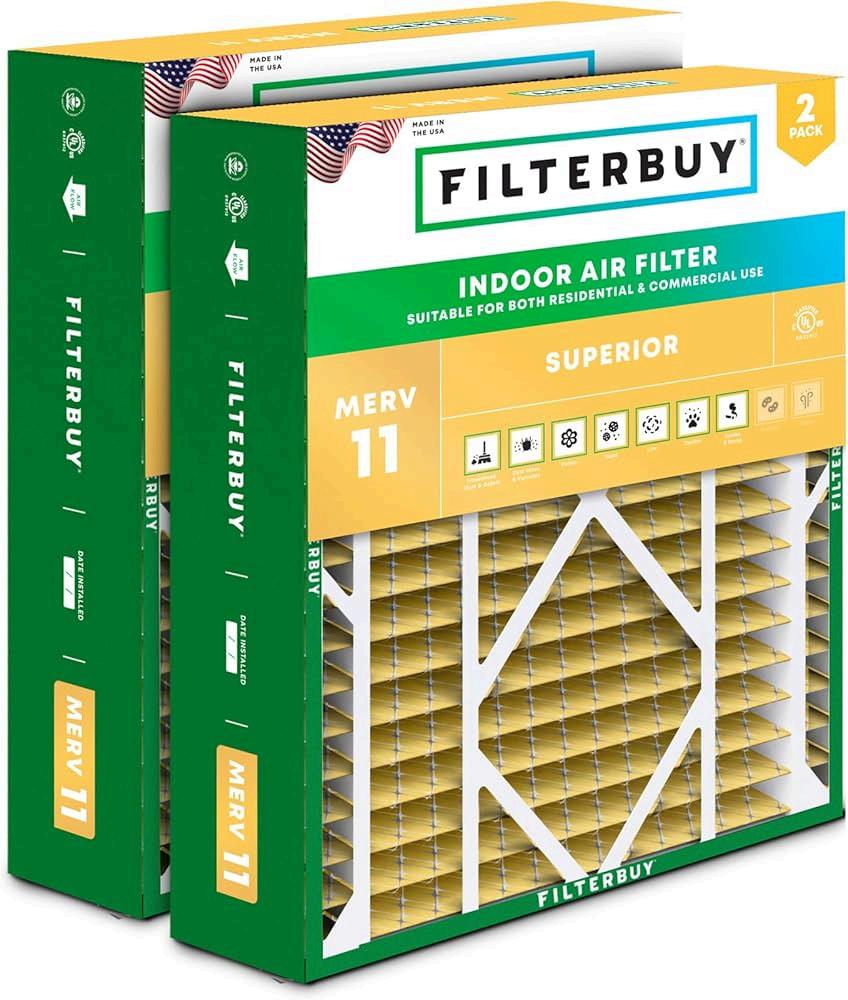

Introduction to MERV
What is MERV?
MERV stands for minimum efficiency rating value, a nationally recognized measurement system used to rate air filters.
MERV Rating Scale
The MERV rating range is from 1 to 16, with 1 being the lowest and 16 being the highest level of filtration.
Filtration Efficiency
The MERV rating indicates how effective the air filter is at capturing and trapping various sizes of airborne particles.
Nationally Recognized
MERV is a widely accepted standard used by the HVAC industry to measure and compare the performance of air filters.
Understanding the MERV rating system is crucial in selecting the right air filter for your home or building, ensuring optimal indoor air quality and HVAC system performance.
MERV 5-8: Improving Filtration
Better Particle Capture
These filters are designed to capture smaller particles like dust, pollen, and pet dander, providing improved indoor air quality.
Suitable for Many Homes
MERV 5-8 filters are a good choice for homes without significant air quality concerns or the need for advanced filtration.
Increased Lifespan
These filters can typically last 3-6 months before needing replacement, making them a more cost-effective option over time.


MERV 13: Intense Filtration
Percentage of particles captured by different MERV rated filters

9-12
Choosing the Right MERV Rating
Local Environment
HVAC System Usage
Health Considerations
Pets and Smokers
Budget
Consider the air quality in your local area, such as proximity to dust, pollen, or pollution sources.
Evaluate how often you use your HVAC system, as more frequent usage may require a higher MERV rating.
Determine if anyone in your household has respiratory issues, allergies, or other health concerns that would benefit from a higher MERV rating.
Consider the presence of pets and smokers in your home, as these can introduce additional airborne contaminants.
Understand that higher MERV ratings generally come with a higher price tag, so balance your air quality needs with your financial constraints.


Choosing the Right MERV Rating
er the air quality in your local area, such as proximity to dust, pollen, ion sources. Evaluate how often you use your HVAC system, as more nt usage may require a higher MERV rating. Understand that higher ratings generally come with a higher price tag, so balance your air quality needs with your financial constraints.
er more at https://filterbuy.com/resources/air-filter-basics/whichmerv-rating-should-I-use/
